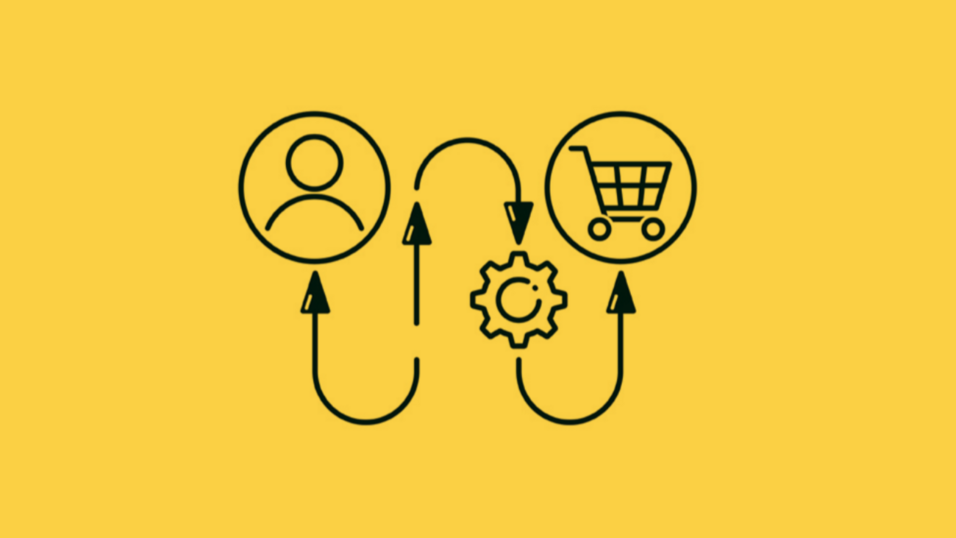ELI held the second of the two-part webinar series on its recently published Guiding Principles and Model Rules on Digital Assistants for Consumer Contracts (ELI DACC Model Rules). These rules aim to provide a coherent legal framework for automating consumer contracts through AI-driven systems, referred to as digital assistants, and cover all stages of the consumer contract lifecycle.
Building on the first session, which explored the general framework and design requirements, the second webinar focused on two central components of the ELI DACC Model Rules: the supply of digital assistants and algorithmic contracting.
Opening the event, ELI President Pascal Pichonnaz (Professor, University of Fribourg) welcomed participants and highlighted the broader impact of the Model Rules, which were approved by the ELI Council and Membership earlier this year and published in May.
Marie Jull Sørensen (ELI Co-Reporter) Professor, University of Aalborg), one of the Project Reporters, delivered the main presentation. She explained the two types of contracts at the heart of the ELI DACC Model Rules:
- Contract I – between a consumer and the supplier of a digital assistant (which may be embedded in a physical product);
- Contract II – between a consumer and a business which is assisted by a digital assistant.
Sørensen elaborated on key provisions such as Article 6, which preserves consumer control by requiring suppliers to implement either a confirmation or objection model, or allow consumers to opt out entirely. She also discussed Articles 12 and 15, which tackle potential conflicts of interest and the duty of suppliers to warn users if they become aware of problematic trading partners. Finally, she examined Article 22, which limits the attribution of a digital assistant’s actions to the consumer if the assistant behaves in ways that deviate from reasonable expectations, a critical safeguard in cases of malfunction or overreach.
In her remarks, Sophia Tang (Professor, Wuhan University) provided a comparative and theoretical perspective. She questioned whether ELI’s approach, treating digital assistants as ‘tools’ rather than agents, truly diverged from agency theory, noting the ‘agent-like’ features present in the Model Rules. While she raised concerns about fairness toward traders when digital assistants behave unpredictably and suggested that some liability provisions may be overly burdensome for suppliers, potentially discouraging innovation, Tang also acknowledged the Rules’ innovative effort to clarify legal responsibilities and protections. She appreciated how this fresh approach could help harmonise differing legal traditions and contribute to a clearer legal framework in the evolving field of AI-assisted consumer contracts.
Dirk Staudenmayer (Head of Unit for Digital Transition and Judicial Training at the European Commission (DG JUST)), reflected on the Rules from a policymaker’s standpoint. Drawing on the EU’s role in negotiating UNCITRAL’s model law, he praised ELI’s contribution to the legal certainty needed for AI-enabled contracting. However, he cautioned that some ELI provisions may go too far and risk undermining innovation by imposing overly rigid obligations. He encouraged a balanced approach that supports innovation while protecting consumers.
A lively discussion followed, covering practical implementation challenges, insurance and risk allocation, the role of suppliers as best risk avoiders, and the question of whether the Model Rules could serve not only as legislative inspiration but also as the basis for model contract terms. Sørensen confirmed openness to such applications, while underscoring the Rules’ focus on transparency, accountability, and strong consumer safeguards.
With this second webinar, the ELI concludes its official launch of the DACC Model Rules, a landmark contribution to shaping the future of consumer protection in AI-assisted transactions. The Rules offer a comprehensive, practical, and future-ready framework, and are expected to inform both national reforms and international standard-setting in the years ahead.
More information about the project and the ELI DACC Model Rules is available here.
The recording of the webinar is available below.
Other webinars in the Series:
- Webinar I on the general framework and design requirements, 5 June 2025 – recording here.

